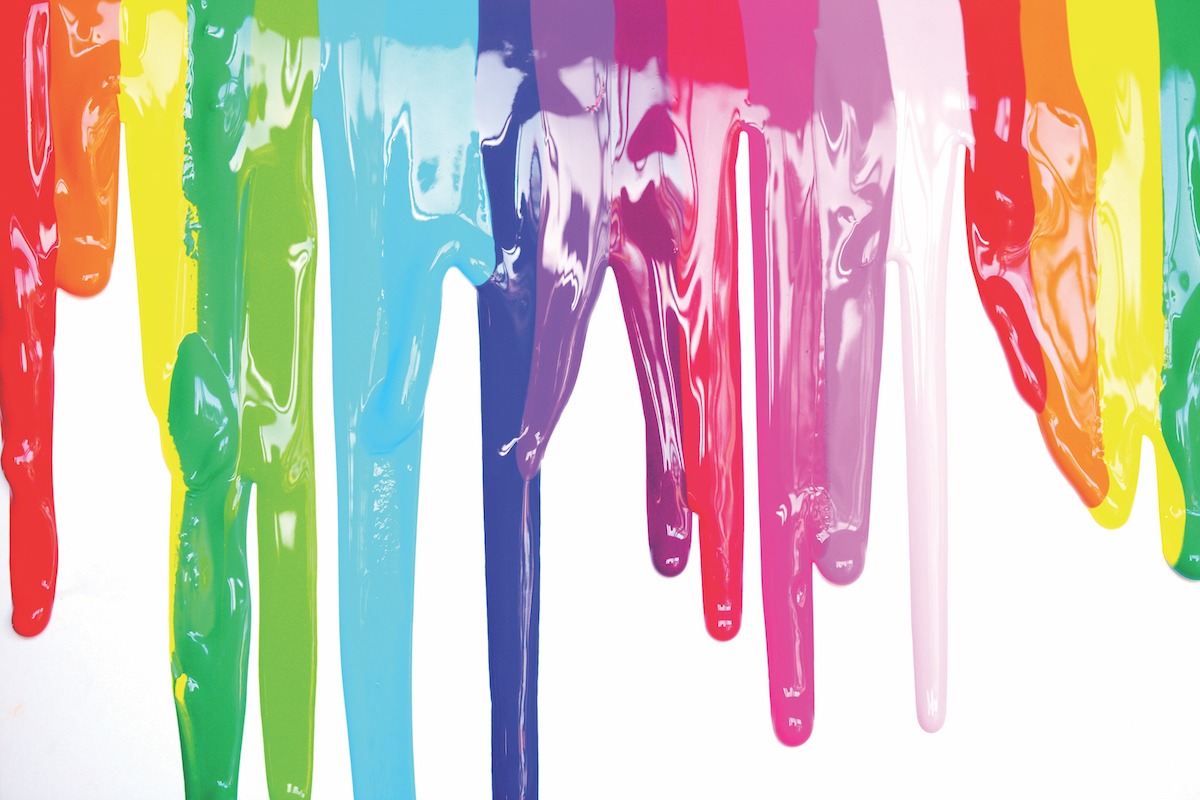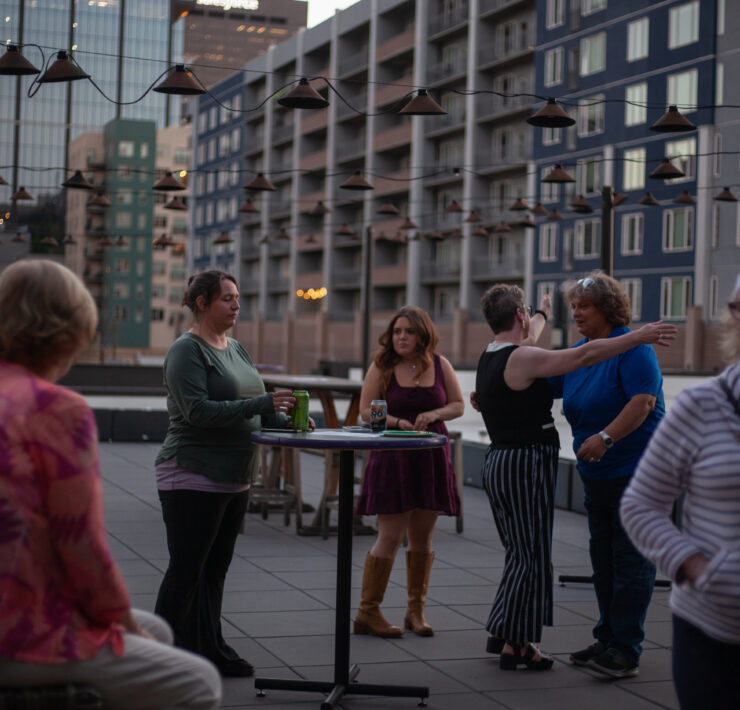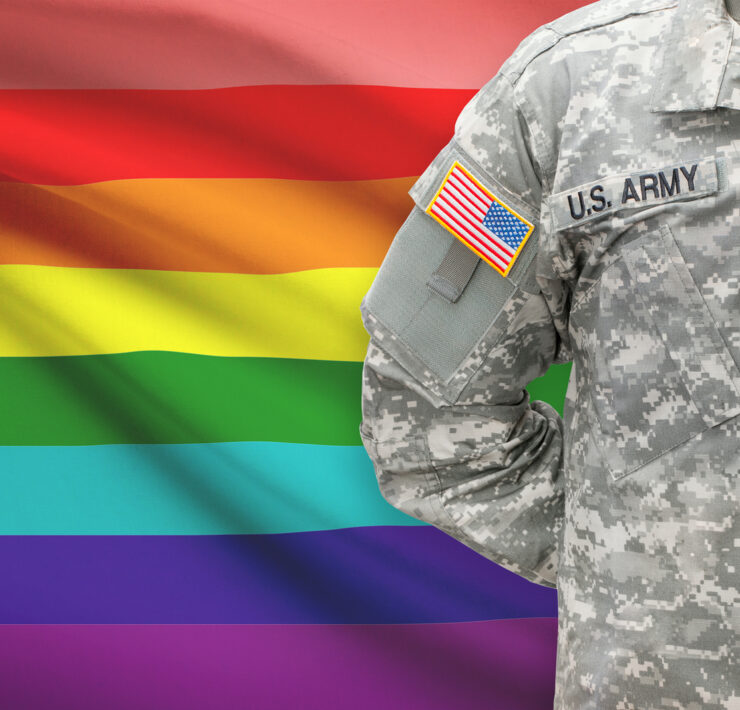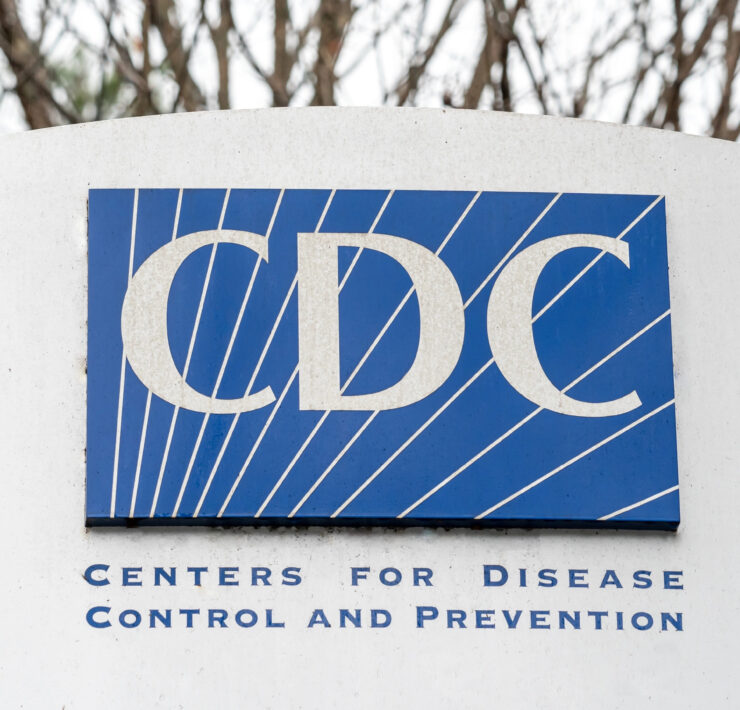American Queer Life: The Future of Us

Rick Kitzman is a Colorado native and a survivor of…
As rainbow flags unfurl at Pride fests worldwide, hybrid celebrations (live and virtual) will honor the 52nd anniversary of the Stonewall revolt. Perhaps now we should be asking:
What will queer life be like in the future?
In the past, queer life was brutal but got better. However, since the 2016 election, hateful, conservative organizations with deep pockets have been emboldened to purchase rollbacks of our hard-won gains, many of them decreed by the Supreme Court of the United States.
Six Catholics sit on its bench with two of the Jewish faith and one, Colorado’s Neil Gorsuch, raised a Catholic but apparently now an Episcopalian. Threatening the separation of church and state, this majority of “good Christian judges” will soon be deciding or reviewing the queer cases that are making headlines.
If the Equality Act—the amendment to the 1964 Civil Rights Act providing LGBTQ protections—was to become law, anti-queer cases might lessen. It passed the U.S. House of Representatives in February. To pass the Senate, all 50 democrat votes plus ten republican votes are needed. If you see flying pigs, passage is possible.
The Catholic church isn’t the only Christian denomination debating the status of queers. In February, the Southern Baptist Convention voted to expel two member churches over their inclusivity of LGBTQ people. In March, the United Methodist Church unveiled its plan to split into two denominations, one that recognized same-gender marriage and LGBTQ clergy, the other banning that recognition.
On the home front in 2020, the Southern Poverty Law Center tracked 838 hate groups operating in America, 17 in Colorado, two specifically anti-LGBTQ: the Family Research Institute, and the Pray in Jesus Name Project, both in Colorado Springs. The other 15 organizations hate anyone who isn’t straight, white, and Christian, so it’s a fair guess queers would also be objects of their perverted patriotism.
In March, a Colorado, bi-partisan bill enabling survivors of sexual abuse to hold their offenders liable regardless of time passed has been opposed by two organizations facing abuse allegations: the Boy Scouts of America and the Colorado Catholic Conference.
In April, the University of Colorado faculty and student government voted to censure President Mark Kennedy for not demonstrating solidarity with LGBTQ students, one community among many others he has failed to embrace as a leader of a diverse campus.
Our state has a do-nothing blabbermouth, posing as a Western Slope U.S. representative, who recently voiced vile, anti–transgender slurs, an ubiquitous, right-wing screed. This year, nine states have passed anti-trans laws with more pending votes. Nationwide, according to the Human Rights Campaign, more than 250 anti-queer bills have been introduced in state legislatures, making 2021 a record breaker. These bills seek to deny medical options and athletic participation for transgenders, and sex education for students covering LGBTQ issues like gender identity and HIV/AIDS. Perhaps heroic Elliot Page could dissuade these biased legislators.
Grim statistics were released for transgender folks in April by the CDC. Almost 67 percent of Black, trans women and more than 33 percent of Latinx, trans women have HIV compared to 17 percent of white, trans women. Two-thirds of all trans women live at or below poverty level; 42 percent have experienced homelessness in the past year.
Our community has made great strides on the yellow brick road to equality. We want to go further, but the world won’t let us, and complacency threatens the work required.
We can create tomorrow’s world. We can determine to live in a Queer Freedom Galaxy, like in the movie Star Trek Beyond. It’s the year 2263, and the latest incarnation of the character Sulu is portrayed as a happy, gay man much like the out actor who originated the role, George Takei. But let’s hope everyone at Pride fests worldwide will have a better life centuries sooner.
What's Your Reaction?
Rick Kitzman is a Colorado native and a survivor of the AIDS epidemic in New York City during the 80s. He has been a corporate trainer, human resources director, and a club DJ (Studio 54 in New York, The Ballpark in Denver). He wrote 'The Little Book on Forgiving,' published by DeVorss & Co. in 1996 and excerpted in 'Science of Mind Magazine.' Rick is the winner of the John Preston Award for his short story “The Lady in the Hatbox,” included in Best Gay Erotica of 1997. In his column, “American Queer Life,” he contributes to OFM with opinion articles ranging from political injustice to the Oscars. He has a great partner who treats him like gold and says “he’s adorbs and funny as heck!” Rick thinks tweets are for twits. “One word: Trump ... just sayin’...”










